Sarah’s story
Sarah felt increasingly isolated in her final year before graduation. As life with her newly acquired health condition progressed, she struggled to keep up with the increasing demands of her course. Feeling unsupported by her university, she got in touch with Lead Scotland’s disabled students’ helpline.
Sarah was diagnosed with ME/Chronic Fatigue Syndrome going into her final year of an environmental science degree at university. She was finding it difficult to cover course material, project work and assessments in the time allowed, so she asked her university for extra support and extended deadlines to hand in her work.
She says, “I went through the same procedures all students go through for extra time for assignments. I had some, but not much beyond what their general policy would allow. I was told by my tutor, ‘…this extension offers the best opportunity for you to successfully complete the module as you do not want to withdraw, which would be the only other option.’” She was also told to submit unfinished work that would fail in order to progress, rather than being offered advice about what adjustments and support might give her the best chance of success. The stress was adding to her poor health and was aggravating other health conditions. “I had no idea what kind of help they could provide and they did not make any suggestions.”
After trying to keep up with the rest of the class, her worsening health, an unexpected change in personal circumstance, and insufficient support from the university, Sarah felt she had no choice but to defer her two remaining modules.
When Sarah called the Lead Scotland helpline we advised her of what support might be available and what her rights were as a disabled student under the Equality Act, including the right to ‘reasonable adjustments’. We advised Sarah possible reasonable adjustments might include adaptive technology and software designed to make taking notes, reading textbooks and writing assignments easier, a ‘non-medical personal helper’ to go out into the field and support her to collect scientific samples to reduce the fatiguing effect of her condition, someone to provide study support, travel costs, and further support to help level the playing field.
We also advised Sarah that these reasonable adjustments are normally funded by the Disabled Students’ Allowance through the Students Awards Agency for Scotland, however as she was now only studying a total of 30 credits in the academic year after deferring the other modules, she would not be eligible for DSA support. We advised she would instead have to ask the university directly to assess her needs and pay for this extra support, however Sarah felt she had already tried this without success.
With our support, information and advice, Lead Scotland empowered Sarah to access the formal complaints procedure with the university in order to advocate her right to reasonable adjustments under the Equality Act (2010).
After 14 months of engaging with Lead Scotland, Sarah has now received a formal apology from the university and an acknowledgement that the adjustments offered to her were insufficient. They also arranged for a full assessment of her needs to be carried out and a comprehensive report listing recommendations of equipment and support has been made.
With the support of Lead Scotland and her health professional team, Sarah aims to return to university to complete her degree next year. Sarah says, “Lead Scotland really gave me hope again and although I have some way to go, I feel like finally my situation is turning around.”
Local services
Contact a Co-ordinator in your area to discuss your options and get started:

